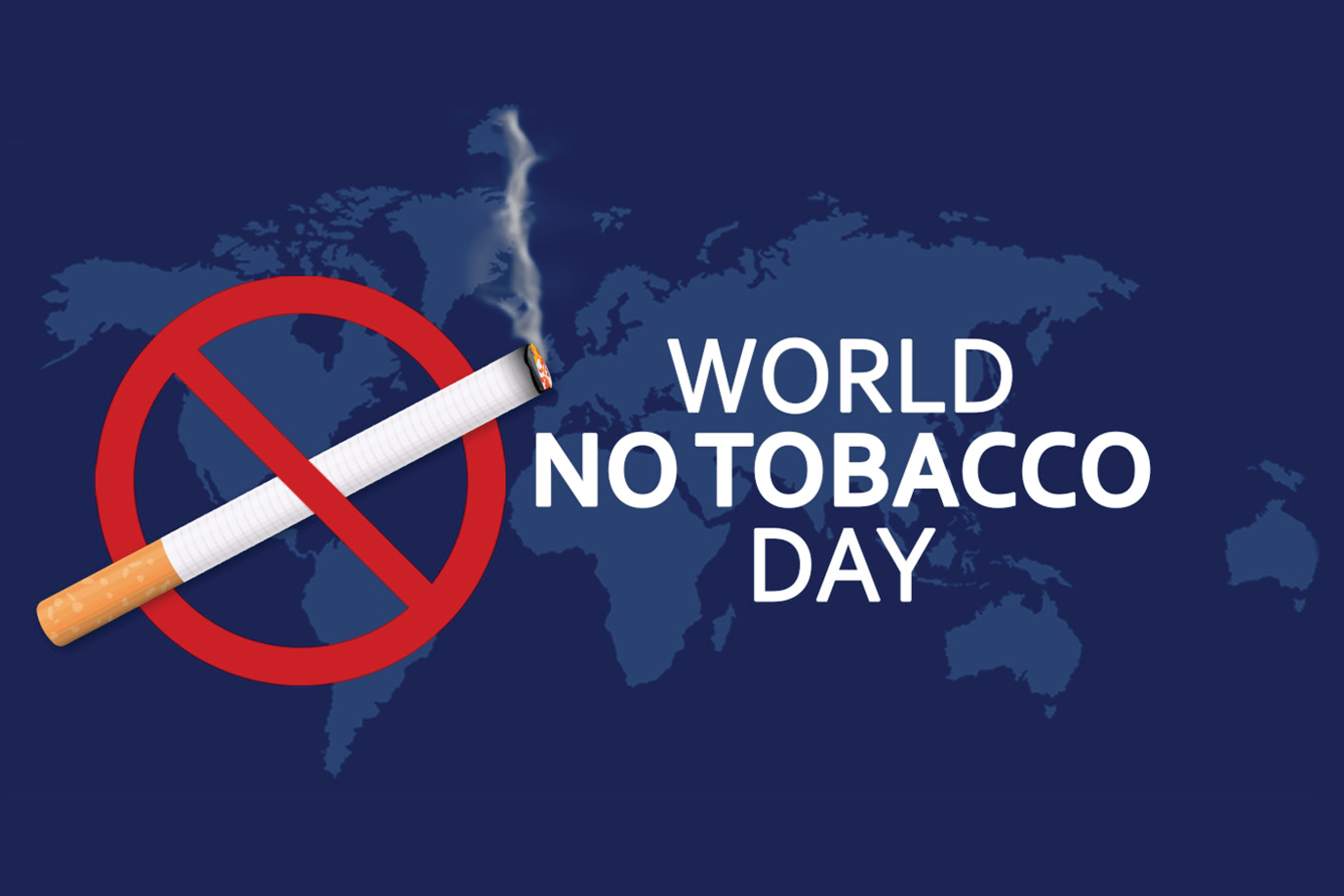World No Tobacco Day: How Tobacco Affects your Esophagus
The use of tobacco can not only affect your lungs and heart but also your esophagus. This is because the chemicals in tobacco can cause damage to the DNA in the esophageal lining cells, which in turn doesn’t allow them to heal properly.
Smoking can lead to irritation of the throat, resulting in dryness, redness, and inflammation of the throat.
Tobacco use also weakens the esophageal sphincters, which are the muscular valves that keep fluids in the stomach, in turn protecting the esophagus. When the esophageal sphincters are weakened or damaged, your esophagus can also become damaged.
Damage from smoking lets stomach acid flow back into the esophagus, which can lead to heartburn or gastroesophageal reflux disease(GERD). GERD is a major risk factor for esophageal cancer.
Many symptoms of smoking can increase your chance of developing GERD. Smoking increases the levels of inflammation in the body, which puts you at a greater risk for GERD.
Choosing to stop smoking can not only help reduce your chances of developing cancer, but it can also give you relief from GERD symptoms. Smokers suffering from constant acid reflux often find some relief from GERD once they quit.
However, continuing to smoke will only worsen these symptoms. Smoking has been linked to some of the worst complications of GERD, including Barrett's esophagus, throat cancer, and even oral cancer.
The best way to avoid damage to your esophagus and symptoms from GERD is to stop smoking and using tobacco.

